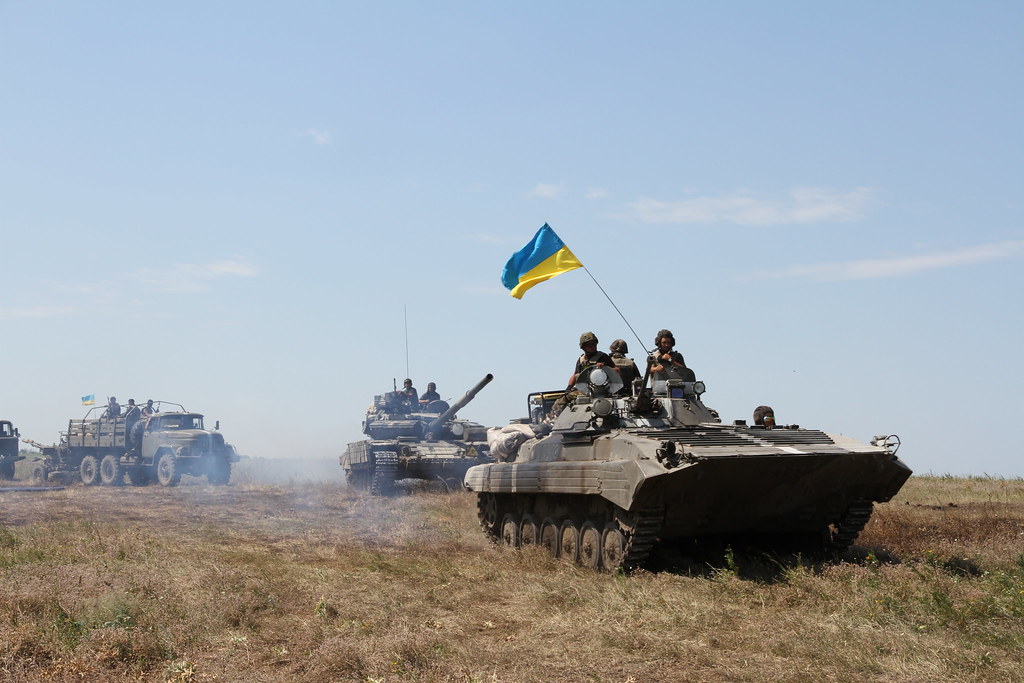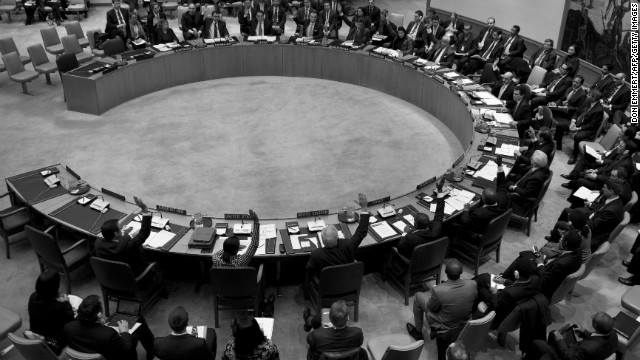Sanctions on North Korea: Help or Hinderance?
April Issue: Global Edition
As of March 2nd, the U.N. security council unanimously passed new sanctions on North Korea, following North Korea’s fourth nuclear detonation in January. The country originally claimed to have successfully exploded a hydrogen (or H) bomb, which causes a more powerful explosion than a nuclear bomb. Although this turned out not to be the case, it was clear that some sort of smaller nuclear weapon went off. This could very well have been a significant advancement in their nuclear program, which is surely a reason for international concern. Additionally, in early February, North Korea launched a rocket that the country claimed was carrying a satellite. However, it has been largely speculated that this was a way to secretly test prohibited missile technology. This was all in spite of a ban on all nuclear-related activity; these new sanctions are a way for the international community to take serious action against North Korean defiance, although their outcome is to be determined.
The new sanctions are stricter than they have been in 20 years. They contain a 19-page resolution that officials from the United States and China drafted over the course of around two months, and they affect nearly every aspect of the economy and government in North Korea. Aspects of the sanctions include expanded asset freezes and travel bans, as well as a complete prohibition on sales and transfers of all small arms and weapons. Some of the toughest aspects of the sanction, however, are the compulsory inspections of cargo leaving and entering North Korea, and expulsion of North Korean diplomats who are suspected of engaging in any ‘illicit activities.’ US President Barack Obama announced in a statement: “The international community, speaking with one voice, has sent Pyongyang (the capital of North Korea and the area in which the detonation took place) a simple message: North Korea must abandon these dangerous programs and choose a better path for its people.”
So what does this mean for North Korea and North Korean civilians? Julia Rhodes ’14, WFS alumna and North Korea expert and activist, gives her input. She is passionate about exposing the human rights violations that occur behind closed doors in North Korea, and is well-informed on the topic. I wanted to find out whether the sanctions will help or harm the wellbeing of civilians, and how ‘real’ the threat of the North Korean Nuclear program is. She responds that, although the sanctions are important for the diplomatic community and Chinese-American relations, it will not really have much of an effect of North Korean citizens. Rhodes comments, “Citizen well-being usually depends on the permeability of the NK-Chinese border and on crop yields, so while this could signify future changes with a new, engaged China, right now the average North Korean probably won’t find his situation dramatically altered.” She also discusses the reality of the threat the North Korean Nuclear Program poses in terms of both international and civilian safety. “I don’t see North Korea’s nuclear program as a primarily international pursuit. I see it as a pretty rational domestic policy,” Rhodes adds.
The most likely explanation for the detonation is, according to Rhodes, Kim Jong-un maintaining North Korea’s “military first policy” and keeping North Korean generals in line. It seems as though North Korea’s big display of a nuclear detonation was more of a power play than a volatile threat to international security. The new sanctions make for excellent propagandist ammunition, as Kim Jong-Un can bring the country together by portraying the sanctions as the international community’s attempt to persecute North Korea.
Although the sanctions signify some noteworthy advancement in diplomatic relations between China and the US, it will “not change the material situation of the North Koreans,” according to Rhodes. As of March 18th, North Korea has already defied the new sanctions by firing two ballistic missiles off the west coast of the Korean peninsula. The chances that North Korea will cooperate with the rest of the world any time soon are improbable at best, looking at North Korean history in context. North Korea thrives off of military propaganda, and such defiance of the sanctions only adds fuel to this fire.
Is the North Korean nuclear program an active threat to international security? Maybe, but it is difficult to say; it does not seem likely that North Korea will act on any of its threats any time soon. But, is North Korea a deeply corrupt nation that survives solely off of isolating its citizens and feeding them propaganda about constant, impending threats from the outside world? For sure. After all of her work, Rhodes emphasizes that it is important to stay aware of what is going on the world, “I think ordinary citizens should worry about the atrocities committed within the borders of North Korea, not just for their own safety.”




























